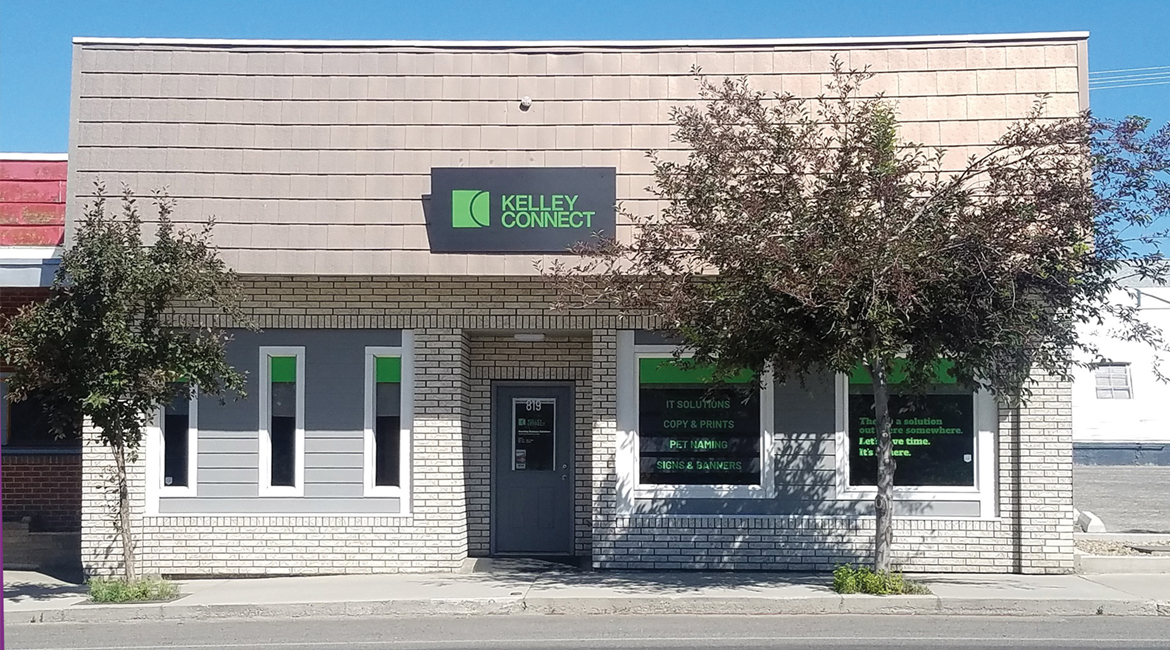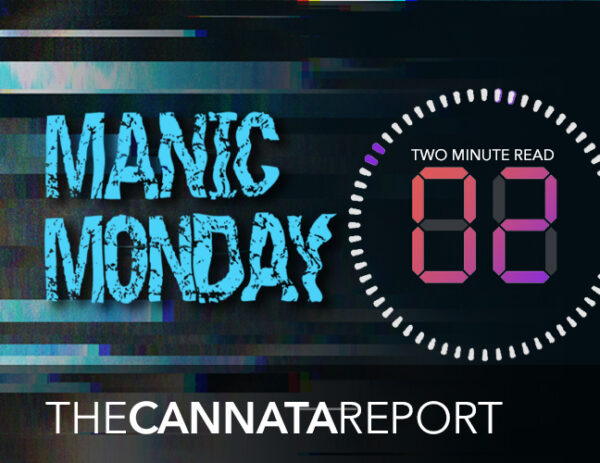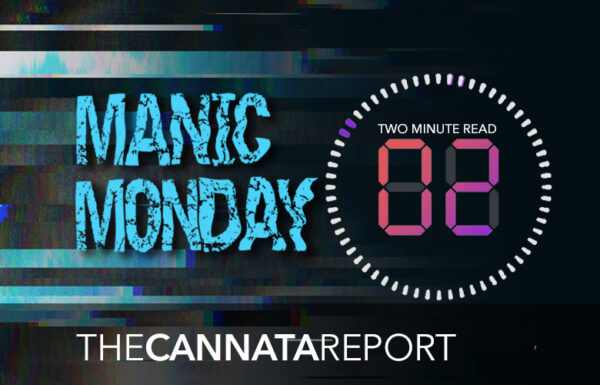Kelley Connect aggressively expands its footprint across the Pacific Northwest.
Above: Kelley Connect’s Butte, MT branch.
Bigger has certainly proven to be better for Aric Manion, owner and CEO of Kelley Connect in Kent, Washington. When he became a 25% partner in late 2007, the firm’s revenues were hovering around the $4.5 million mark. Today, Kelley Connect is fast approaching $100 million in yearly revenues. The uptick in revenues can be attributed to a combination of organic growth and targeted acquisitions—more than 30 since 2015.
When I spoke with Manion in early January, he was in the middle of a wild and crazy day dealing with two acquisitions on the verge of closing. It was probably not the best time to break for an interview, but he graciously honored his commitment.
Kelley’s acquisition strategy is primarily regional-focused, building out existing regions. Kelley has locations across Washington, Oregon, Idaho, and Montana, as well as Alaska. “We’re going to stay in the Pacific Northwest,” said Manion. “Our strategy is to be statewide.”
Kelley made its first acquisition in 2014 and accelerated in 2015 when Manion was asked by his primary copier vendor, Toshiba, to take over three of its branches in Spokane, Washington and Montana. Even during the pandemic, Kelley was acquiring. Last year, it added three companies in Alaska, plus J&H Office Equipment in Montana, to the family.
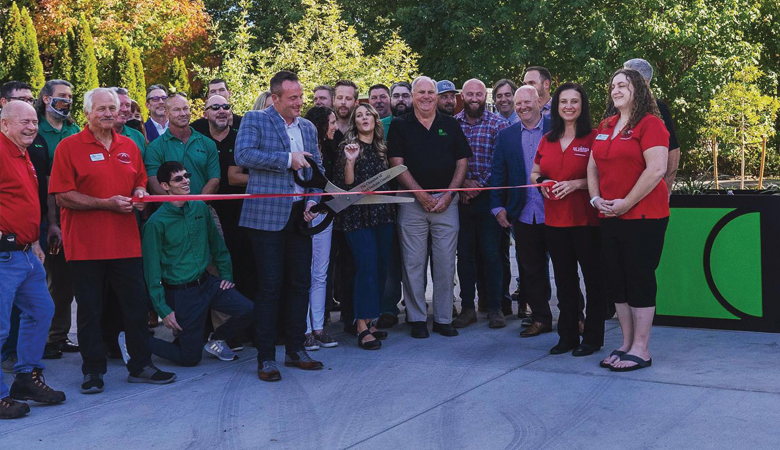
Above: 2021 ribbon-cutting ceremony at Kelley Connect’s new Medford, OR headquarters.
Asked if it’s any easier making acquisitions now that he has nearly seven years of experience, Manion replied, “Everyone is unique, and the biggest thing is dealing with the old owner.”
As one might expect, the owners of some of the acquired companies were aging and ready to retire, or there was an issue with the business. For others, they were not of the scale they would have liked, and selling to Kelley has allowed them to achieve that scale. “We have a lot of owners still with us today because they want to be part of something bigger,” revealed Manion.
When Manion became a 25% owner in 2007, Kelley Connect, then known as Kelley Imaging Systems, had two locations and 29 employees. Today, it has expanded to 30 locations and close to 300 employees. Manion took over full ownership of the company in 2009, just in time for the economic meltdown. The dealership persevered and continued to grow organically. In 2012, Manion acquired a small IT company, which served as the seed for Kelley’s transformation from a legacy copier company to a diverse technology provider.
Local Look
All Kelley branches have local decision-making power, as well as local inventories and local delivery trucks. “We’re trying to leave it at a local look and feel, but we’re a regional company that’s of scale,” said Manion. “We have a lot of experts on staff, talented people that you’re not going to have in a smaller company. You can’t afford to have all this expertise if you’re a smaller dealer.”
Most of the companies that Kelley has acquired were focused primarily on document imaging technology. Now that they’re part of Kelley, they can offer customers other services to help them grow their businesses. The last thing Manion wants is to be viewed by customers and prospects as the low-priced copier option. “We’re going after customers that want a strategic partner and appreciate the value that we have as an organization,” he stated.
Conquering COVID
Kelley Connect grew 11% in 2020 despite the pandemic, and while the numbers weren’t final for 2021 at press time, it looks like another year of 11% growth. “But we also have $5 million in open orders,” acknowledged Manion. “If we were able to get equipment, we would’ve been at about 18% growth. I don’t know if it’s sustainable, but I’d love to grow between 12% and 15% this year.”
Kelley has about $1 million in computer equipment on back order and another $5 million in copier and printer hardware, which doesn’t make the dealership unique among its peers by any stretch.
Surviving the pandemic was a matter of right-sizing the company by about 10%. Most cut loose were low-performing salespeople. “We ended selling the same amount of equipment with fewer bodies,” noted Manion.
Since rightsizing, acquisitions have increased headcount back to pre-pandemic levels with more than 290 employees across all locations.
A Deep Dive into Diversification
Manion attributes Kelley’s growth during the pandemic to diversifying the business. He told me, “We have a lot of different offerings. If it was just office equipment, it would’ve hit us a lot harder.”
Kelley’s largest hardware partners are Toshiba and Xerox, which are sold in almost every location. Kelley was one of the only Toshiba dealers in the market when Manion started, which he called an asset. That’s still true even if Kelley is no longer the only one. But it is the biggest. “They helped me grow when we didn’t have anything,” said Manion. “I always felt part of their big family. They take care of me, and I take care of them as well. It’s been a good partnership.”
Kyocera, HP, Lexmark, and Brother are also available throughout the Kelley network. Due to its acquisitions, the dealership represents almost every brand, although not every brand is available in every market.
IT represents about 13% of Kelley’s business and encompasses managed IT infrastructure, Office 365, cloud, and VoIP, as well as a separate division devoted to software professional services. The two divisions represent 18% to 20% of the overall business.
The pandemic was a shot in the arm for the IT business, as projects spiked when companies were asking their employees to work from home. However, that demand leveled off after working from home became the new normal. Still, Kelley grew the IT business 10% in 2021 after growing 15% in 2020 in this area. Manion attributes the recent growth to projects related to moving customer data to the cloud during the pandemic. “People didn’t realize that they needed to access all the documents and all the files remotely,” said Manion. “It’s made the conversation of going to the cloud a lot easier.”
In 2016, Kelley acquired a wide-format company, which provided Kelley with a quick and easy entry into that segment. It sells HP PageWide and HP DesignJet large-format printers, and began selling its first color flatbed printers last year. Manion noted that the company has done well in production in Montana and Oregon thanks to acquisitions of former Xerox agents and dealers carrying Ricoh.
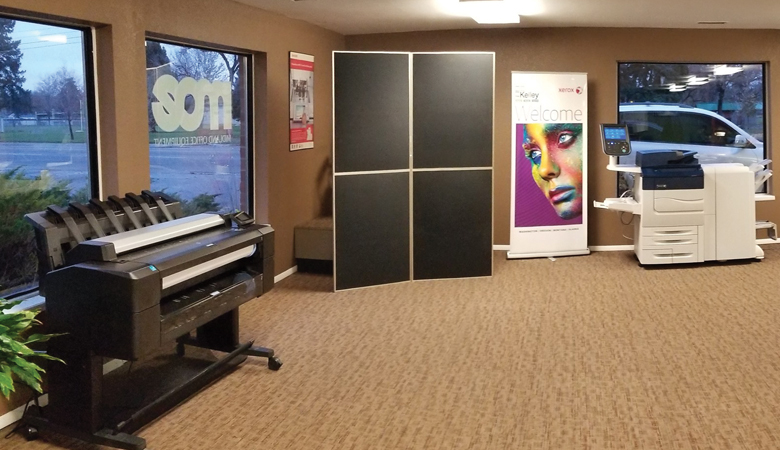
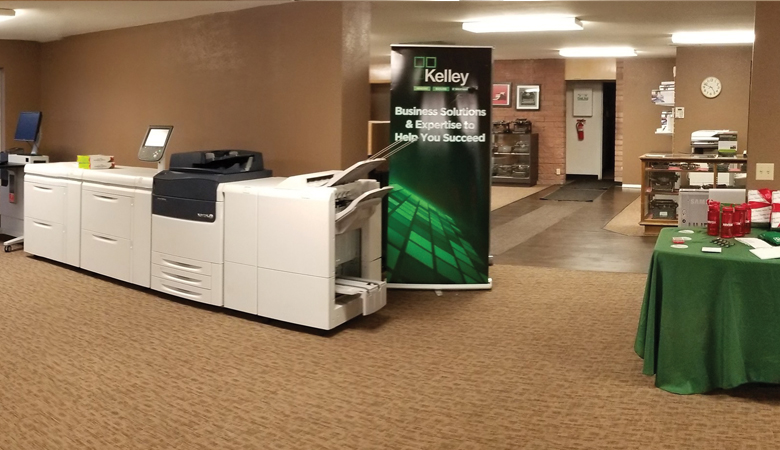
Above: Kelley Connect has an expanding production print business thanks to production print showcases at its various locations, including this event at its Billings, MT branch.
Kelley is also one of the largest Pitney Bowes resellers in the country, focusing primarily on mid- and high-volume mailing machines, as well as folders and inserters. Production environments have been an excellent target market for the mailing equipment because, as Manion pointed out, all the materials those organizations produce “usually have to be shipped somewhere.”
Kelley’s sales reps sell everything—even managed IT. “We have a strategy of just having them use their expertise to get in the door,” said Manion. “Then, we have subject-matter experts for mailing, IT services, professional services, wide format and production, and document solutions.”
Re-Branded
In January 2020, Kelley Imaging Systems changed its name to Kelley Connect. As Manion said in the press release announcing the rebranding, “We’re so much more than a printing company. and our new brand needs to reflect that. We’ve grown more than 625% in our IT and professional service divisions, making those offerings exponentially more robust. We’re an entirely new organization.”
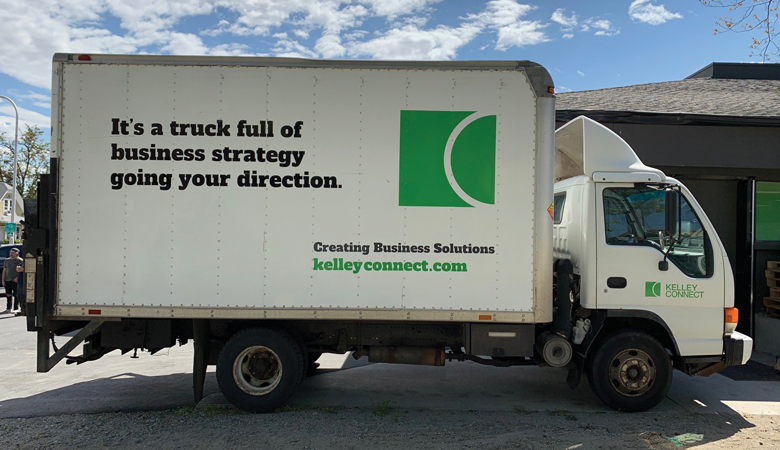
Above: A Kelley Connect delivery truck.
That all goes back to what Manion told us earlier about wanting to be a strategic partner to Kelley’s customers, providing them with an array of solutions.
Manion has high aspirations, most notably reaching $100 million in revenues within the next two years. “We’re well on our way,” he said.
New talent is integral to Manion’s growth aspirations. He’s already hired what he described as “six experienced, highly intelligent” salespeople and specialists. It hasn’t been as challenging for Kelley to find new talent as it has been for dealers in other markets. Some have been added through acquisitions, others are found by Manion’s vice president of sales, whom Manion described as an amazing recruiter.
“We are always reaching out,” said Manion. “We know who the good people are. It’s usually a matter of timing. A lot of organizations are going the wrong way and are not able to take care of their customers. We’re investing and growing, and it’s exciting to be here.”
Access Related Content

